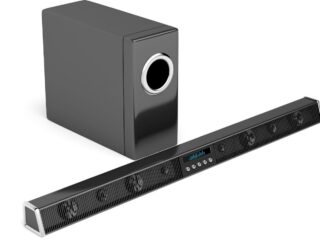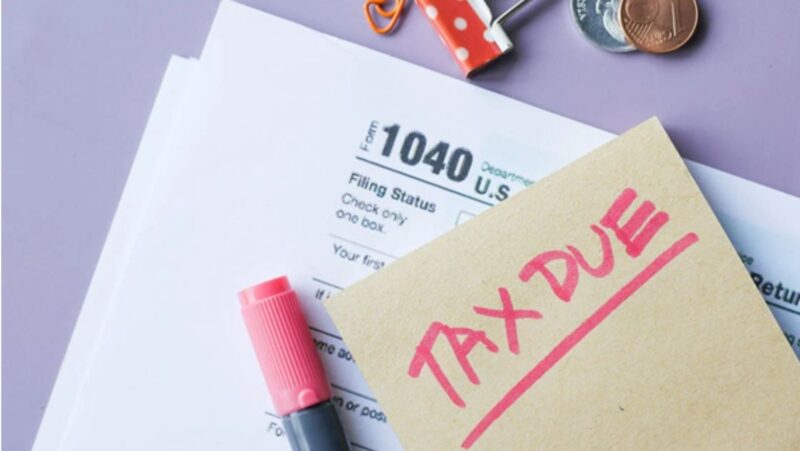
A controller in finance and accounting is responsible for the financial planning and management of an organization. This position oversees the preparation of financial statements, manages the budgeting process, and provides direction on investments and financing decisions. The controller also works closely with other departments within the organization to ensure that all financial transactions are properly recorded and reported. In larger organizations, the controller may delegate some of these duties to other financial managers.
What is a controller in finance?
A controller is a senior financial manager who is responsible for the financial reporting and control functions of an organization. The controller is generally in charge of the accounting department and oversees the preparation of financial statements, cost analysis, and budgeting. In larger organizations, the controller may also be responsible for tax planning and risk management.
The controller position is a critical role in any organization as they are responsible for ensuring the accuracy of financial reporting and compliance with regulatory requirements. In addition, the controller provides valuable insights into the financial health of the organization and identifies areas of improvement. As such, the controller is a key member of the senior management team and plays a vital role in decision-making.
What are the duties of a controller?
The duties of a controller can be divided into two broad categories: financial reporting and control, and compliance.
- Financial Reporting and Control: The controller is responsible for the preparation of financial statements and ensuring their accuracy. In addition, the controller provides insights into the financial health of the organization and identifies areas of improvement. The controller also oversees the budgeting process and provides guidance on how to best allocate resources.
- Compliance: The controller is responsible for ensuring that the organization complies with all applicable laws and regulations. In addition, the controller ensures that the accounting department adheres to generally accepted accounting principles (GAAP). The controller also plays a key role in risk management and provides guidance on how to best mitigate risks.
What are the qualifications of a controller?
There are no specific educational requirements for becoming a controller. However, most controllers have at least a bachelor’s degree in accounting or a related field. In addition, controllers typically have several years of experience working in accounting or finance. Many controllers also hold professional certifications, such as the Certified Public Accountant (CPA) designation.
What are the skills of a controller?
A controller must have strong analytical and problem-solving skills. They must be able to quickly identify financial issues and develop creative solutions. In addition, controllers must have excellent communication and interpersonal skills. They must be able to effectively communicate their findings to senior management and other stakeholders.
Controllers must be highly organized and detail-oriented. They must be able to handle multiple tasks simultaneously and meet deadlines. Finally, controllers must have a strong understanding of GAAP and other financial regulations.
What is the job outlook for controllers?
The job outlook for controllers is positive. The Bureau of Labor Statistics projects that employment of accountants and auditors will grow 11 percent from 2018 to 2028. This growth is due, in part, to the increasing complexity of financial regulations. In addition, as organizations continue to expand globally, there will be a need for controllers who can manage multinational operations.
What is the salary of a controller?
The median annual salary for controllers was $127,020 in 2018. The top 10 percent of earners made more than $208,000, while the bottom 10 percent earned less than $68,280. The controller is a critical position in any organization, responsible for financial reporting, control, and compliance functions. Controllers generally have a bachelor’s degree in accounting or a related field, along with several years of experience working in accounting or finance. The job outlook for controllers is positive, with the Bureau of Labor Statistics projecting 11 percent growth from 2018 to 2028. The median annual salary for controllers was $127,020 in 2018.










